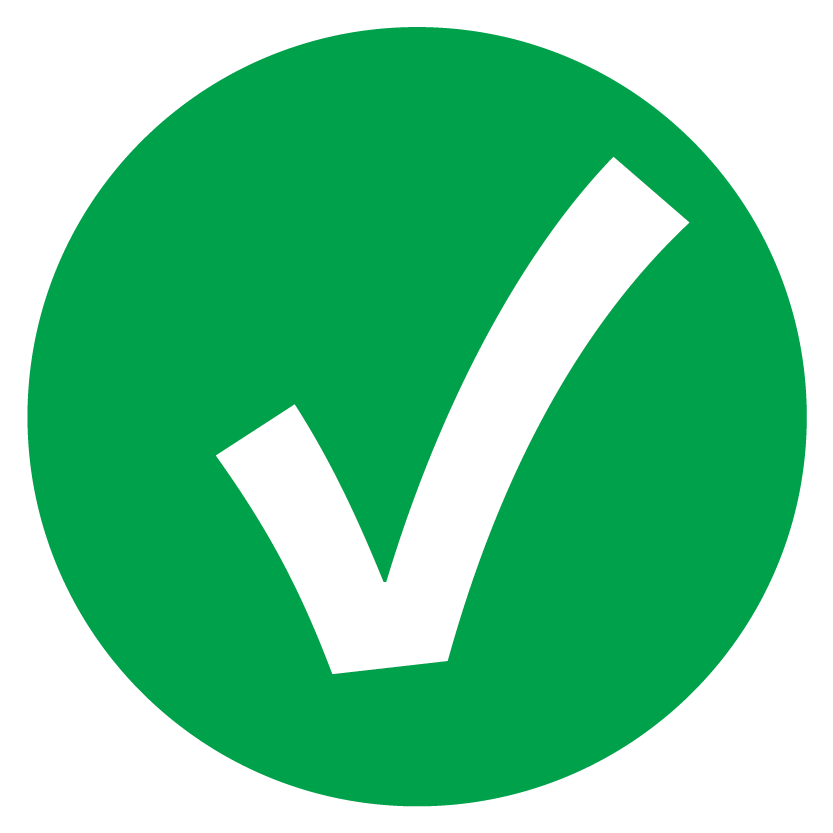Your security and privacy is important with online accounts and interactions. Below, you’ll find tips to ensure that you are taking a proactive approach to keeping your information and personal data safe and secure.
Tips for Account Security
- Create Unique Passwords
Use a different password for each account login. If a password is compromised, your account details (address, name, and credit card information, for example) may also be compromised. If your passwords are the same for multiple accounts, all of those accounts are at risk. - Create Complex Passwords
Ideally, passwords should be at least eight characters in length and use a combination of upper- and lower-case letters, numbers, and special characters (such as !@#$%). Do not use information like your name, birthday, address, or pet names in your passwords – these details are too easy to guess. This is one of the most common reasons passwords are compromised. - Password Management
When you have unique and complex passwords for multiple accounts, it’s important to be sure you can keep track of all of them. Consider keeping your passwords written down in a notebook or on a piece of paper that is kept in a safe space.
You can also use a password manager app such as 1Password or Dashlane that stores your passwords in one place with one master password to access them-this way you only have to remember one password to access all the rest.
Learn more about password management. - Two-Factor Authentication
Two-factor authentication provides an added level of security which confirms that you are the account owner and are actively trying to access your account. Usually this involves receiving a numerical code through text or email and entering it when you log in. - Secure Network
The security of your wireless internet network is just as important as the individual accounts for each device or service. Be sure to assign a complex password to your home wireless network. As mentioned above, this password should be more than eight characters, including at least one number, one special character, and one uppercase letter.
If you have caregivers, friends, or family members using your network, consider setting up a guest network. Most guest networks and primary networks have separate passwords. Keeping all of your technology and devices on your primary network and only giving others access to your guest network can prevent a vulnerability in your system.
Other Quick Tips for Smart Speakers and Displays
People often worry about privacy and security with smart devices that have a microphone or a camera. Typically, unless you use the wake word with a smart speaker, or unless you have a camera set to record when it detects motion, these devices are not listening or watching. If you’re concerned you might activate the device when you don’t mean to, you can always:
- Turn on the mute button for the microphone,
- Switch the toggle button to close the shutter on the camera, or
- Unplug the device.
Learn more about security with smart speakers.
Remember

- DO change your passwords if you receive a notification about potential unauthorized account activity.
- DO keep your passwords in a safe place (written down or digitally).

- DO NOT share your passwords with others, especially strangers.
- DO NOT re-use the same password for multiple accounts.
- DO NOT use common or personal names of family members/pets, or your birthday.

